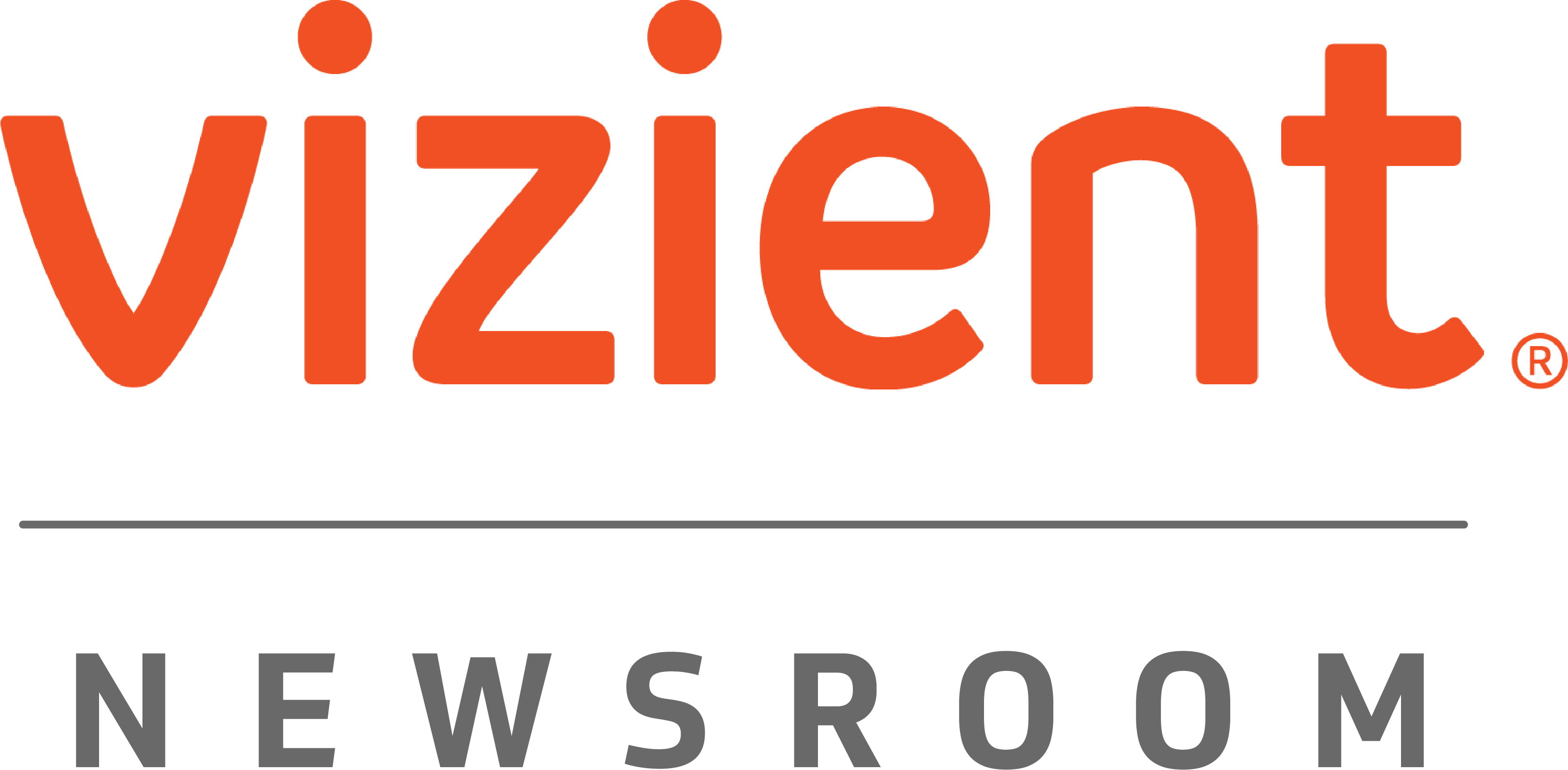You may have heard the phrase, “See something. Say something.” It’s a call for people to speak out if they see a potential threat to public safety. A similar idea exists in the world of health care: If clinicians see something of concern for patient safety, they should speak up, and a patient safety huddle is the perfect forum for them to do that.
The Vizient Patient Safety Organization (PSO) launched its first patient safety huddle in April 2017. “Physicians and safety leaders use the huddle to bring up safety concerns that otherwise might not be widely shared with other organizations. This gives others the opportunity to alert their clinicians of potential dangers and avoid instances of patient harm,” said Ellen Flynn, associate vice president of programs at Vizient.
A wide range of safety topics have been covered in the huddles that relate to systems, processes and equipment. For example, participants have raised issues about malfunctioning endoscope lights and confusing readings on a certain brand of newborn jaundice meter. Other issues shared include increased incidents of patients in critical-care beds, which use fitted sheets and waffle mattresses, developing pressure ulcers, as well as increases in CLABSI rates, which may be due to increased IV-line access.
Recently, one participant shared an issue about their hospital’s newborn identification tags. The security tag is designed to sound an alarm if a baby is taken from the hospital. But in this case, the tag did not trigger an alarm when the baby went home with its parents. Subsequent research by the hospital determined that the tags have a one-year manufacturer’s warranty. After that period, the tags are not guaranteed to work properly.
“The exchange of information about patient safety issues has been fantastic, and everyone has learned so much in the past year. We have also gotten great feedback from participants about what works and what could be improved, so we are responding,” Flynn said. “Starting in July, we will begin testing shorter huddles and a few other format changes in a three-month trial in the huddle for academic medical centers. Based on what we learn, we will roll out improvements to the other huddles.”
Staying informed and connected
Knowing about safety issues as they emerge is important because if a patient safety event happens in one organization, it can happen in another. By joining in huddle calls, participants learn the latest issues or concerns firsthand from those who are closest to the situation. That knowledge can help minimize the possibility of the same issue causing harm elsewhere.
Another benefit is the professional connections that are made via the huddles. “We really want members to be able to reach out to each other, to learn and problem-solve with each other. The huddles are a catalyst for this critical networking. They bring like-minded people together for the benefit of keeping all patients safe,” Flynn said.
Currently, the Vizient PSO offers huddles for academic medical centers, critical access hospitals, behavioral health organizations and ambulatory care centers. All totaled, the four huddles currently have 105 registered participants. “The huddles have really grown from when we first started,” Flynn said. “And I think that they will continue to add members as word spreads about the value of participating.”
Vizient patient safety huddles are open to PSO members who sign the required confidentiality and non-disclosure agreements. For more information about the Vizient PSO, click here.
Learn more about Vizient PSO safety huddles and safe tables. Click here for the blog.
